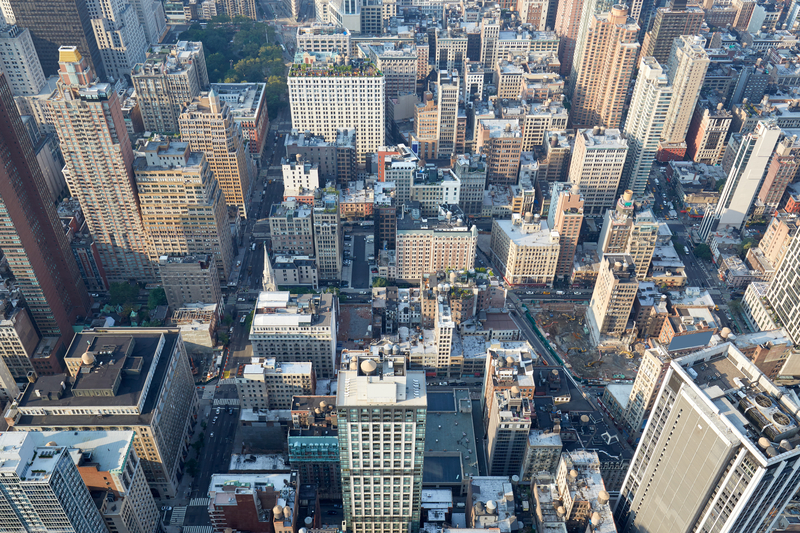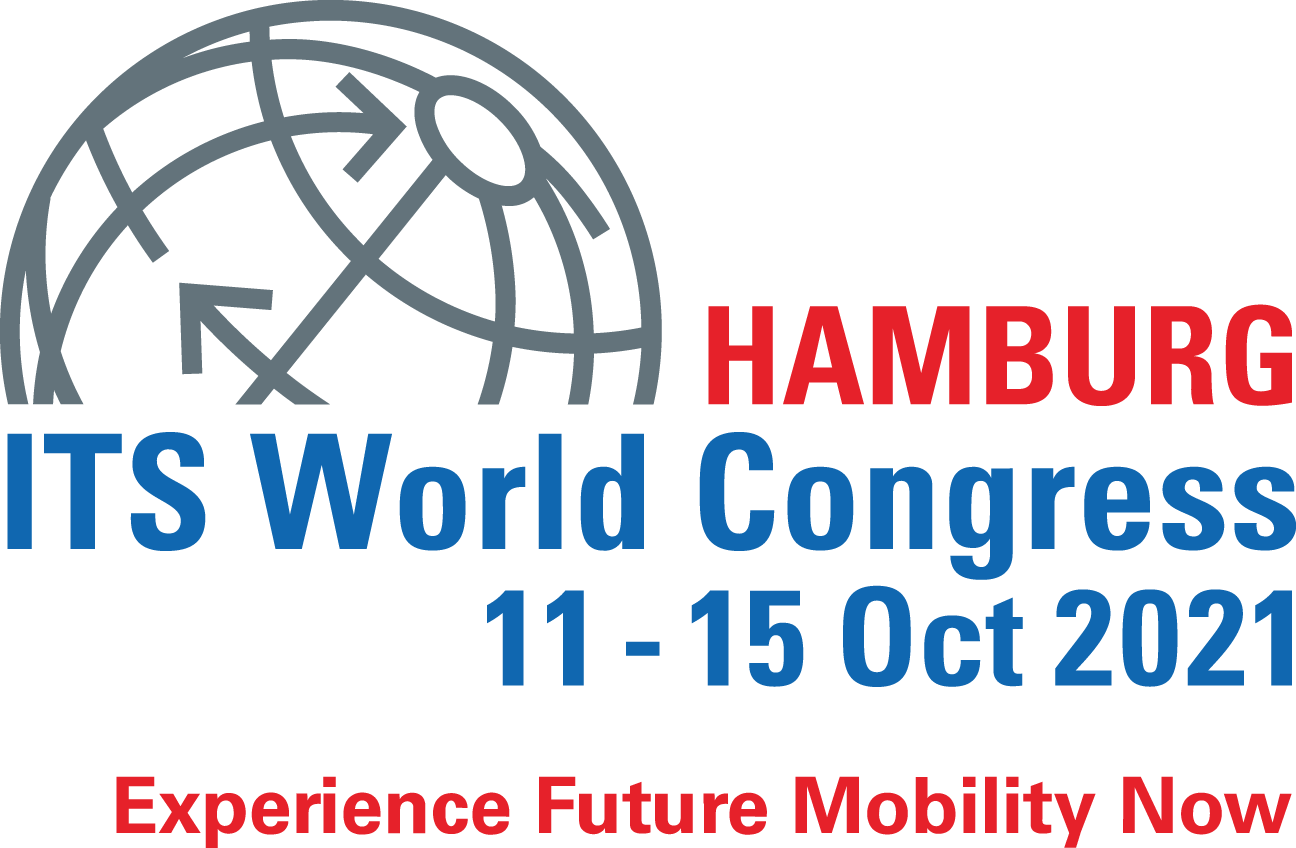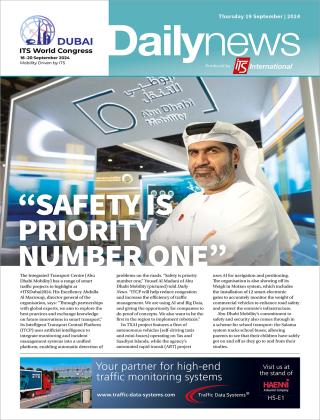
The full results will be published by Ertico in a couple of weeks but during a session at the ITS World Congress an enraptured audience was given an insight into the findings.
Three big topics dominated the responses: sustainability/air quality; data sharing between cities and industry; and Mobility as a Service/Mobility on Demand. The top priority of most respondents is to improve public transport. “This is not a surprise but good to have it confirmed,” said Zeljko Jeftic of Ertico. Then came improving air quality and decarbonising city mobility, with climate change also high up the list. Cities are also aware that they need more – and better – data, although they are conscious of protecting individuals’ privacy.
The main challenges for most cities were instructive. For the vast majority, traffic congestion is the issue that is grinding their gears, with pollution and noise also ringing warning bells. You might have expected these – but there is another problem that many cities said they face too: resistance to change from their citizens. Decarbonising transportation often involves restricting car use and this is proving to be a hard sell for some people. It is going to be a tough one for cities to negotiate: people don’t like parking restrictions, for example. “Not too many cities are going straight out and banning cars,” said Jeftic.
At the same time, there is progress: the Covid pandemic gave cities the chance to reallocate street space, in particular by building new bike lanes, although many Moonshot respondents also spoke about the investment they had made in electric vehicle charging infrastructure and micromobility. “Several cities said they were going to make the Covid changes permanent,” Jeftic noted.
Speeding up the process of improvement is not a one-size-fits-all deal. Cities face a variety of issues and their needs are evolving. But Ertico’s City Moonshot will go a long way to achieving their goals.
Stand B5.135















